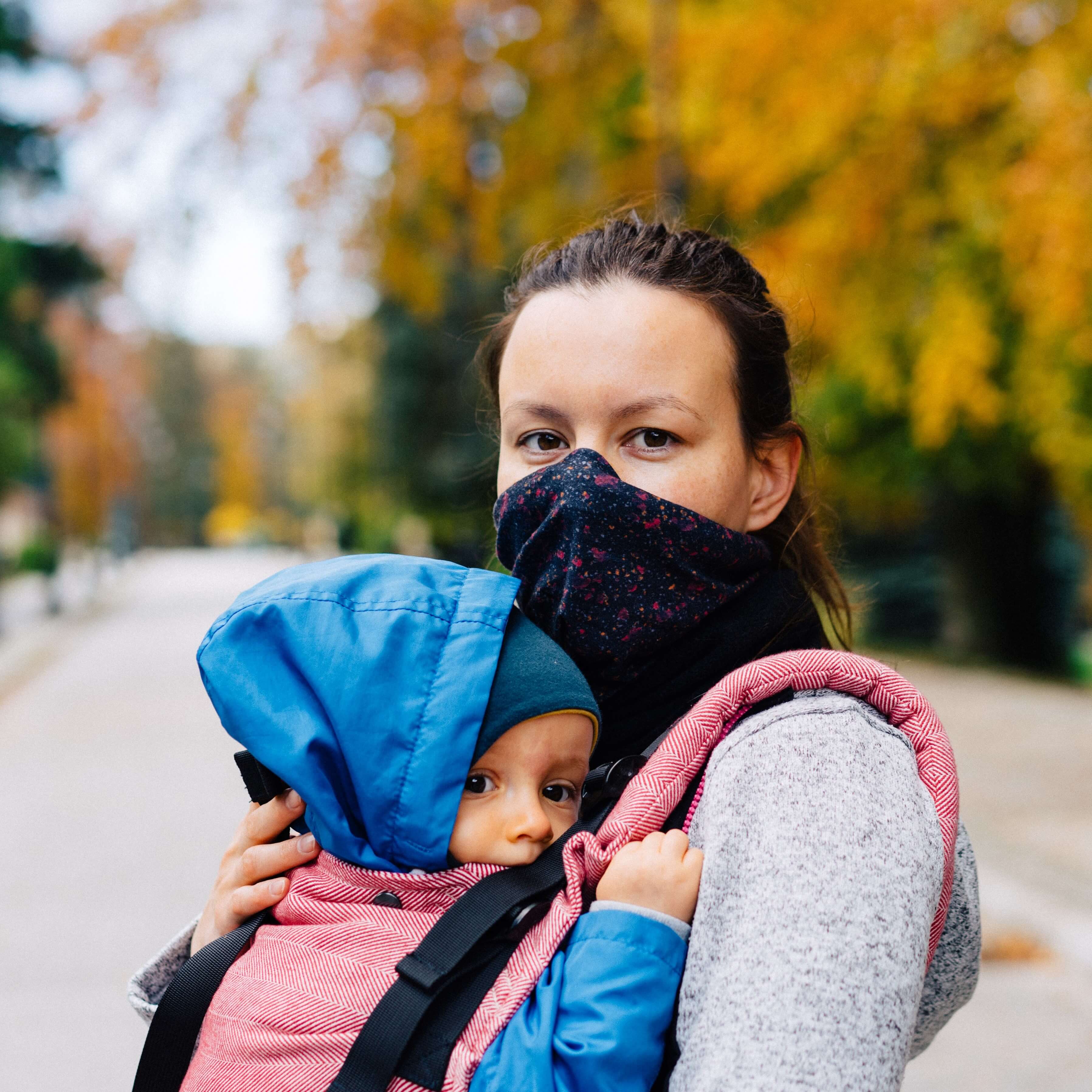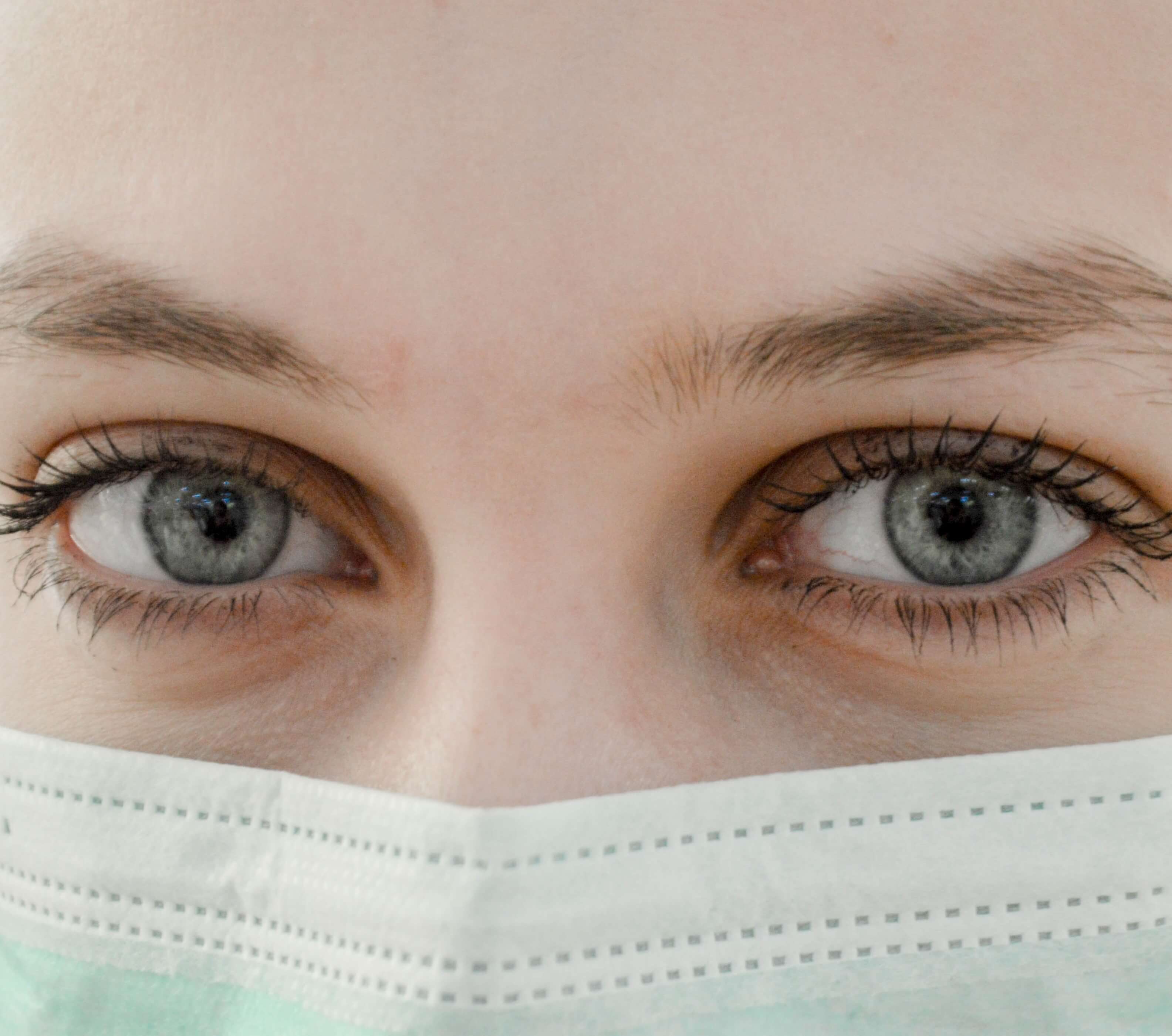
How Long Does COVID-19 Take to Incubate?
Although a single strain of the virus triggered the COVID-19 pandemic, several SARS-CoV-2 variants emerged in the years that followed. And as the variants change, so were their symptoms and harmful capacities. And the latest type Omicron is considered to be the deadliest of all. It spreads at a much faster rate and has infected even vaccinated individuals.
The safety measures associated with the recovery of coronavirus infection, as well as the inhibition of its spread, require certain protocols. These may include an incubation period, home isolation, quarantine, mandatory testing, etc. All these protocols are a necessary way of ensuring public health by preventing this infectious disease from spreading. Most of them are applied unanimously with little modifications dependent upon the state policies. This blog outlines the details, necessity, and procedures of the incubation period of COVID-19 for COVID-19 patients.
What Does the Incubation Period Mean?

The time it takes for symptoms to appear once an infection has taken hold is known as the incubation period. The incubation period is usually referred to as the number of days between when the person got infected to the onset of symptoms. This time period is useful in determining the isolation period of an infected person during a pandemic. It may differ from person to person depending upon the health conditions of the individual and the viral load. Due to this reason, medical professionals measure the range and average of the incubation period for any disease. There are different incubation periods for different circumstances. Hence, the Omicron incubation period may differ from other types of COVID-19.
Healthcare professionals calculate the incubation period as the duration between the time from exposure and the beginning of symptoms if the infection's source or mode of transmission is established. The time of exposure for infections associated with contaminated materials is the time when the contaminated substance was inhaled, swallowed, or somehow penetrated the patient's body. For contagious diseases, the period of exposure is the day a person is exposed to a risky environment.
If a person is exposed to SARS-CoV-2 infection or possesses symptoms like a sore throat or shortness of breath, it is advisable to get tested either through PCR or purchase lateral flow tests for rapid self-testing.
The Incubation Period for COVID-19
The transmission of infectious diseases like coronavirus infection can be prevented through an incubation period. The incubation time is used to make decisions about how long an exposed person should be quarantined or whether people who are at high risk should be kept under close observation. In addition, the probability distribution of the incubation period is an important factor in forecasting the spread and incidence of COVID-19.
The median incubation period of COVID-19 is 6.0 globally. It should be kept in mind that this time period may vary from country to country, subjected to the particular impact of human coronavirus on the socioeconomic fabric of that respective society. The incubation periods will not be the same for every variant of the coronavirus. Some variants will have a faster rate of showing up than others. A person’s medical conditions, as well as the strength of their immune system, will also be decisive in some cases.
The Incubation Period for Delta Variant
Delta variant is a mutation of earlier strains of SARS-CoV-2 with a much higher viral load. Due to this characteristic, symptoms in the patients suffering from this variant show faster. The incubation period of Delta is 4 days, quite shorter than its predecessors. Delta virus is also highly contagious, and it proved to be havoc in certain countries like India.
The Incubation Period for Omicron Variant
World Health Organization (WHO) has expressed its concerns regarding Omicron due to its deadly properties. The incubation period for Omicron is even shorter than the incubation period of the Delta variant. It is usually 3 days, which implies that the infected person will start showing symptoms like a sore throat or shortness of breath within 3 days after exposure. It is even more contagious than the Delta variant. Healthcare professionals are doing research on the impact and severity of this virus to develop relevant vaccines.
For How Long Can a Person Be Infectious?
As soon as a person is exposed to a confirmed COVID-19 case, they are at risk of being infected. However, they may not show symptoms right away. In some people, symptoms may start appearing within 2-3 days after exposure. In others, this time period may exceed 5-6 days. In rare cases, symptoms may appear after 12 days. All these time periods vary because of the existence of different variants of the human coronavirus, as well as the health conditions of the infected person.
You may need to be careful during the Omicron symptoms incubation period to check if the virus has penetrated your body. If you are experiencing COVID-19 symptoms, it is better to practice home isolation. For confirmation of the disease, you can perform an at-home test using tests like the Flowflex COVID test.
Summary
Incubation periods are an important part of determining the preventive strategies of infectious diseases. These differ from disease to disease, such as the incubation period of Omicron varies from that of Delta or other SARS-CoV-2 variants. It is important to observe the incubation period to determine the quarantine and home isolation time. Active high-risk cases can also be identified with its help. Government officials and healthcare professionals can devise appropriate policies to control the spread of the COVID-19 pandemic on the basis of this data.
The incubation period can also be indicative of how long a person can be infectious. In case symptoms do not appear within the median incubation period of the prevalent coronavirus variant, you can test yourself at home using rapid self-testing kits like the Healgen test kit. Precautions, nevertheless, should be taken in all cases once you come across an infected person.



